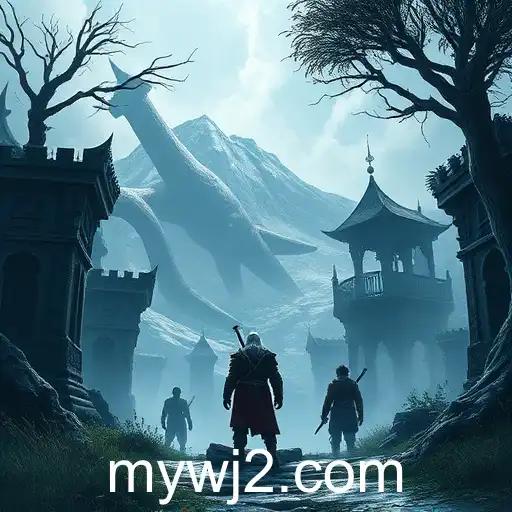Role-playing games (RPGs) have long held a cherished place in the hearts of gamers worldwide, offering immersive experiences that transport players to fantastical realms where imagination knows no bounds. The role-playing game category, often abbreviated as 'wj2' on various online platforms, encompasses a diverse range of games that allow players to assume the roles of fictional characters in richly detailed narratives. Whether traversing ancient lands in search of legendary treasures or battling mythical beasts to save a crumbling world from the brink of oblivion, RPGs draw players into intricate stories woven with creativity and depth.
The roots of role-playing can be traced back to tabletop games like Dungeons & Dragons, which laid the groundwork for digital RPGs. With the advent of technology, RPGs transitioned from paper to pixels, paving the way for iconic titles such as Final Fantasy and The Elder Scrolls. These games offered players unparalleled levels of customization and character development, making them staple titles in the genre.
In recent years, RPGs have witnessed a renaissance, with developers pushing the boundaries of storytelling and gameplay. The introduction of open-world elements and expansive narratives has allowed RPGs to evolve beyond their traditional confines. Games like The Witcher 3: Wild Hunt and Persona 5 have captivated audiences with their engrossing plots and multidimensional characters, solidifying the genre as a cornerstone of the gaming industry.
Role-playing games have also influenced other genres, incorporating RPG elements such as skill trees, branching dialogue, and moral choices into genres ranging from shooters to strategy games. This cross-genre innovation has further popularized RPG mechanics, introducing even more players to the joys of role-playing.
Moreover, RPGs offer more than just entertainment; they foster critical thinking, empathy, and strategic planning. Players often find themselves faced with moral dilemmas and complex decision-making scenarios, which can translate to real-world skills. Furthermore, the escapism provided by RPGs offers a refuge from the daily grind, allowing players to explore identities and experiences beyond their everyday reality.
The success of role-playing games is also intertwined with their thriving communities, where enthusiasts share fan art, stories, and mods that enhance and expand the gaming experience. These communities not only foster a sense of belonging but also propel the genre forward, encouraging developers to create ever more diverse and inclusive RPGs.
As technology continues to advance, the future of role-playing games looks brighter than ever. With the rise of virtual reality and augmented reality, the boundary between player and character will continue to blur, offering even more immersive experiences. Role-playing games will undoubtedly continue to captivate the minds of players, inviting them to embark on epic quests and forge their own legends in the vast tapestry of interactive storytelling.

Exploring the captivating world of role-playing games and their impact on players and the gaming industry.




